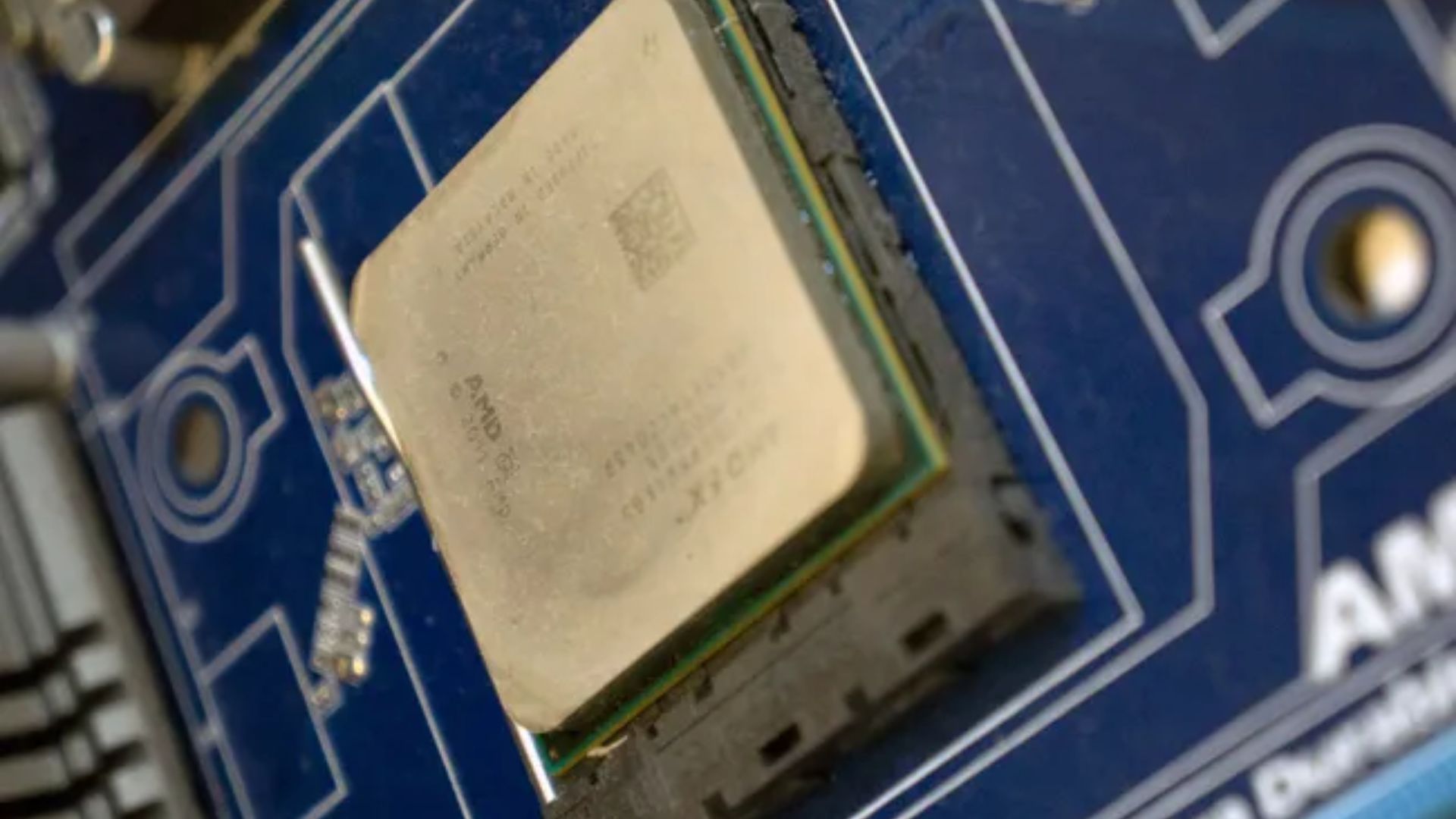US further limits AI chip exports to China from NVIDIA and other manufacturers
Biden's administration placed a major cap on AI chip exports to China.

What you need to know
- New restrictions imposed by the US government will prevent exports of advanced AI chips to China.
- Biden's administrations stresses that these efforts are not in place to stunt China's economy, but to prevent instances where the advanced chips are used to do more harm than good.
- The restrictions will also impact Russia and Iran.
- The imposed restrictions will mainly impact advanced chips, the rest of the semiconductors won't be affected by will be under more scrutiny.
There's been a long-standing battle between the US and China, with the former focusing on derailing the latter from making advances in AI. At the height of the emergence of generative AI, the US government ordered AMD and NVIDIA to stop selling certain components to China, citing that the technology might be for military use.
It seems the battle between China and the US isn't coming to an end anytime soon. According to a report by Reuters, the US government imposed new restrictions on exports of AI chips to China. It has also black-listed two Chinese companies that specialize in making advanced chips. This means it will be extremely difficult for those affected to get the essential components required for AI advancements.
The restrictions aren't designed to cripple China's economy
Consequently, NVIDIA will no longer be able to sell its A800 and H800 AI and HPC GPUs in the Chinese market. Other countries like Iran and Russia will also be caught in the crossfire. This will further reaffirm the US government's measures, designed to prevent the procurement of advanced semiconductors via subsidiaries in these countries.
However, the US government indicated that these measures aren't in place to run down the Chinese economy, instead, they'll help establish control over its AI and military advances.
The goal is the same goal that has always been, which is to limit PRC (People's Republic of China) access to advanced semiconductors that could fuel breakthroughs in artificial intelligence.
Gina Raimondo, Commerce Secretary
Safe deployment of AI
Raimondo admitted that the potential benefits and untapped opportunities that can be realized using AI are unimaginable, but at the same time, there's a great need to limit its accessibility, owing to the extent of damage it could cause if it falls into the wrong hands. The restrictions will mainly affect the advanced chips, while the rest of the semiconductors will remain untouched. However, they'll now be under more scrutiny.
Additionally, the US government will now require chipmakers to have licenses that allow them to ship their chips to "countries affected by US arms embargoes." This will act as a safeguard preventing the chips from illegally making their way to China, according to the New York Times.
Do you think the restrictions imposed on China by the US government will negatively impact its economy? Share your thoughts with us in the comments.
All the latest news, reviews, and guides for Windows and Xbox diehards.

Kevin Okemwa is a seasoned tech journalist based in Nairobi, Kenya with lots of experience covering the latest trends and developments in the industry at Windows Central. With a passion for innovation and a keen eye for detail, he has written for leading publications such as OnMSFT, MakeUseOf, and Windows Report, providing insightful analysis and breaking news on everything revolving around the Microsoft ecosystem. While AFK and not busy following the ever-emerging trends in tech, you can find him exploring the world or listening to music.
